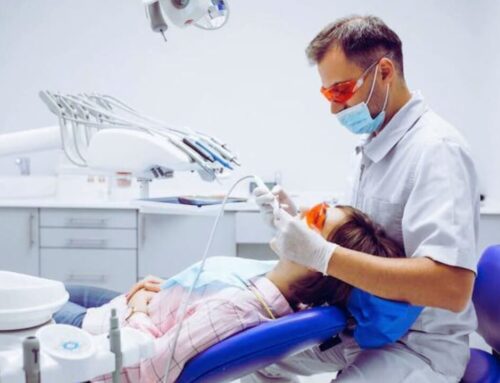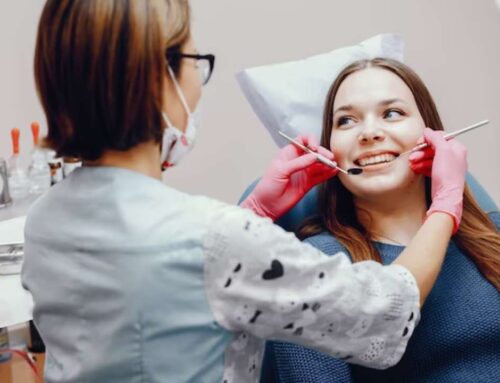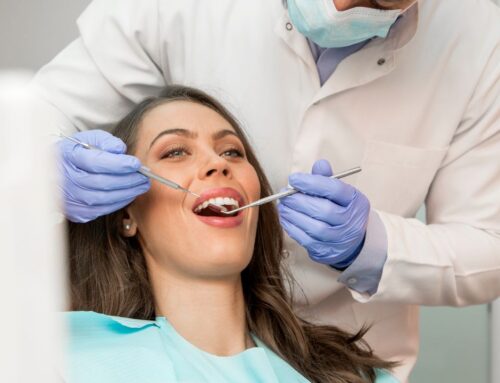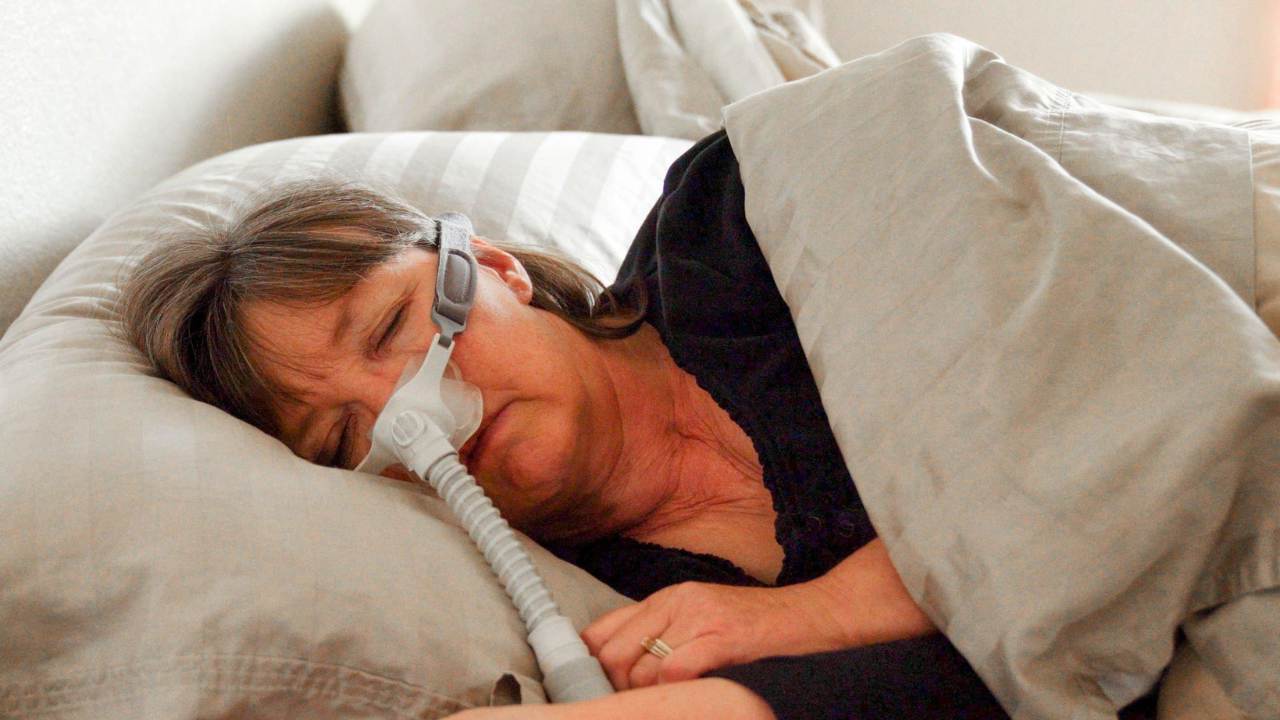
Sleep apnea, a common sleep disorder impacting millions, demands the expertise of a specialized medical professional for effective treatment. Finding the right doctor is crucial for managing this condition and improving overall health.
Here’s your comprehensive guide to securing the best care for sleep apnea:
Understanding Sleep Apnea & Care
What is Sleep Apnea?
Sleep apnea can be characterized by pauses in breathing during sleep, leading to disrupted sleep patterns and various health issues if left untreated. This can prevent your body from getting enough oxygen.
Contact your healthcare provider about sleep apnea if you snore or gasp during sleep and experience poor-quality sleep.
Types of Sleep Apnea
Obstructive Sleep Apnea (OSA):
About 25 million people in the U.S suffer from obstructive sleep apnea. OSA occurs when the throat muscles relax during sleep, causing the airway to narrow or close completely. This blocks oxygen intake, and interrupts sleep as the brain forces the body to gasp for air. OSA has been linked to severe health issues like high blood pressure, heart disease, and stroke.
Central Sleep Apnea (CSA):
Central sleep apnea is less prevalent and involves the brain failing to send signals to breathe during sleep. It often occurs in people with certain medical conditions affecting the nervous system. Those with heart disease or stroke are also at higher risk for central sleep apnea.
Treatment-emergent Central Sleep Apnea:
Complex sleep apnea can develop when someone with obstructive sleep apnea starts CPAP therapy. The OSA converts to central sleep apnea, likely due to changes in carbon dioxide or other factors from CPAP treatment effects.
Sleep Apnea Basics: Symptoms & Treatments
Symptoms of Sleep Apnea
Here are some of the symptoms:
- Loud snoring
- Stop breathing during sleep
- Gasping for air during sleep
- Waking up with a dry mouth
- Waking up with a headache
- Daytime sleepiness
- Insomnia
- Hypersomnia
- Irritability
- Difficulty in concentration
Treatments Suggestion For Patients With Sleep Apnea
CPAP (continuous positive airway pressure) machine – A CPAP machine delivers a stream of pressurized air through a face mask to keep the airway open during sleep. This is a very effective treatment for moderate to severe sleep apnea.
Oral appliance therapy – Custom-made oral devices worn during sleep can help prevent the airway from collapsing. These may be an option for mild to moderate sleep apnea or those who cannot tolerate CPAP treatment. Harrisburg dentists specialize in oral appliance fabrication and fitting.
Sleeping position therapy – Sleeping on your side rather than your back can help keep the airway open in some cases of positional sleep apnea.
Weight loss – Losing weight through dietary changes and exercise may reduce sleep apnea severity, especially if obesity is a contributing factor.
Surgery – Various surgeries such as tissue removal, jaw repositioning, or implant insertion can increase the size of the airway. This option is usually reserved for severe cases when other approaches have failed.
Some Tips & Considerations For Sleep Apnea Treatment
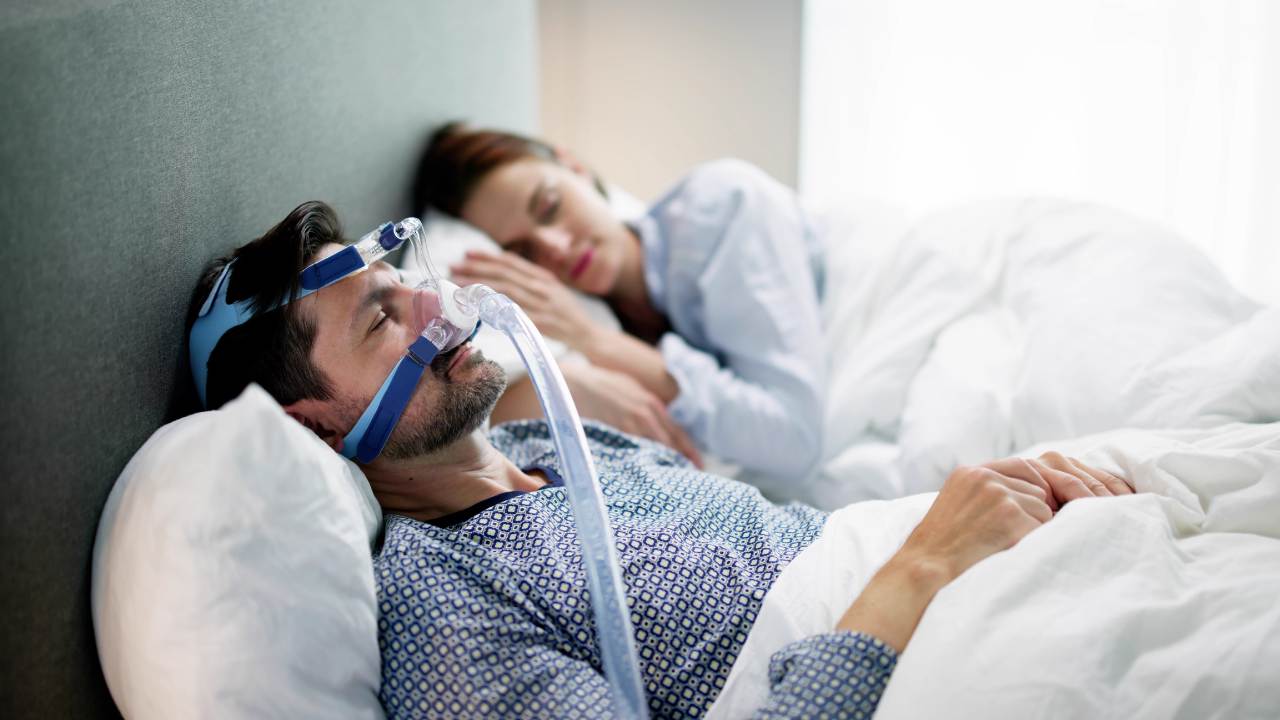
While CPAP therapy is a common treatment, there are several other interventions and lifestyle changes that a specialist may recommend. The role of a knowledgeable sleep specialist in tailoring treatment options to an individual’s needs is crucial.
Tip 1: Verify Credentials and Specialization
Ensure that the doctor’s credentials include board certification in sleep medicine. Researching their educational background and specific expertise in sleep disorders will help.
Tip 2: Look for Experience in Sleep Medicine
Choose a doctor with ample experience specifically diagnosing and treating sleep apnea patients. Those who have practiced sleep medicine for many years will be most adept at personalizing treatments and optimizing care.
Tip 3: Consider the Doctor’s Approach to Patient Care
Look for a sleep specialist who prioritizes open communication and takes time to understand your health history and needs. You want a doctor who listens carefully and designs treatment plans around your goals.
Tip 4: Evaluate Accessibility and Location
Opt for a sleep apnea specialist located near your home or work to make visits more convenient. Also, consider their hospital affiliations for where sleep studies and procedures would take place.
Tip 5: Seek Recommendations and Read Reviews
Online reviews can also provide insight into bedside manner. Look for doctors with consistently positive feedback.
Tip 6: Inquire About Sleep Study Procedures
Ask about the sleep lab facility and protocols for overnight studies to diagnose and monitor sleep apnea severity. Knowing what to expect can help you feel at ease.
Tip 7: Insurance and Cost Considerations
Find out which insurance plans the doctor accepts and what out-of-pocket costs may apply to visits, sleep studies, and devices. Understanding the financial policies upfront is important.
Making The Right Choice The First Time
Using these tips and doing your research will help you secure the very best medical care for your sleep apnea. Prioritizing your health and finding the right specialist to design a treatment plan tailored to your needs is crucial for relieving symptoms.
Family Dentistry In Harrisburg For Sleep Apnea Treatment
If you are in Harrisburg, North Carolina, consider contacting Icard & Strein Family Dentistry to learn more about oral appliance therapy for sleep apnea treatment. Their team of dentists has years of experience helping patients find restful sleep again. Click here to schedule an appointment or learn more on their sleep apnea page.

